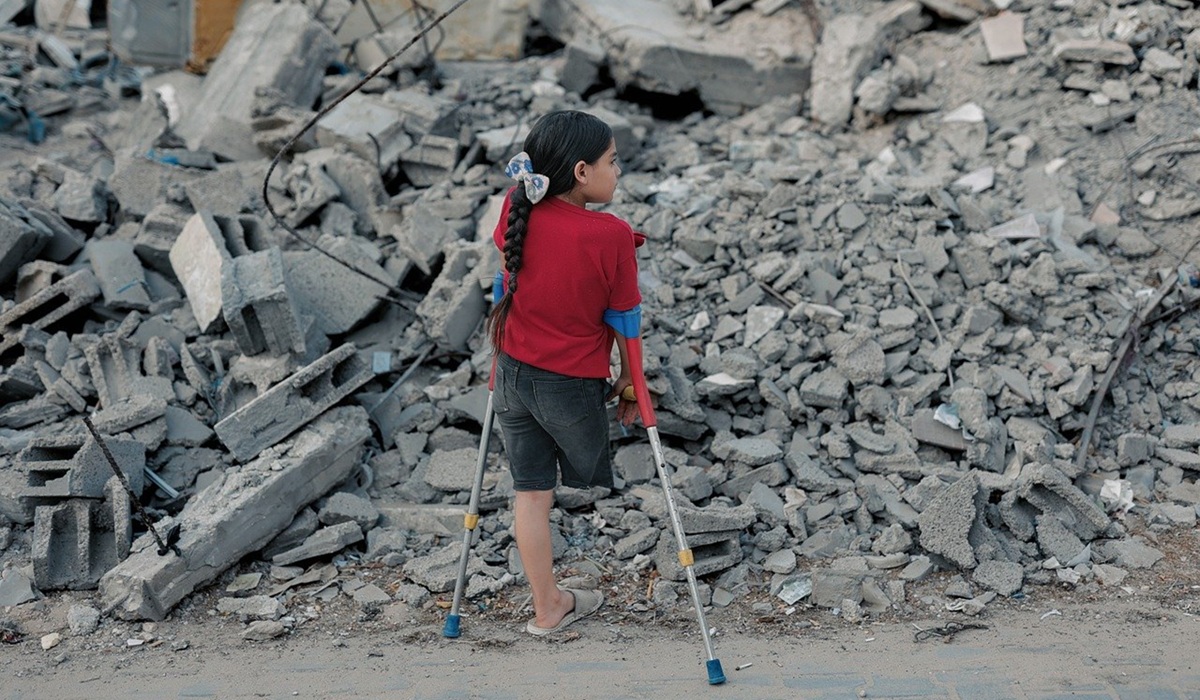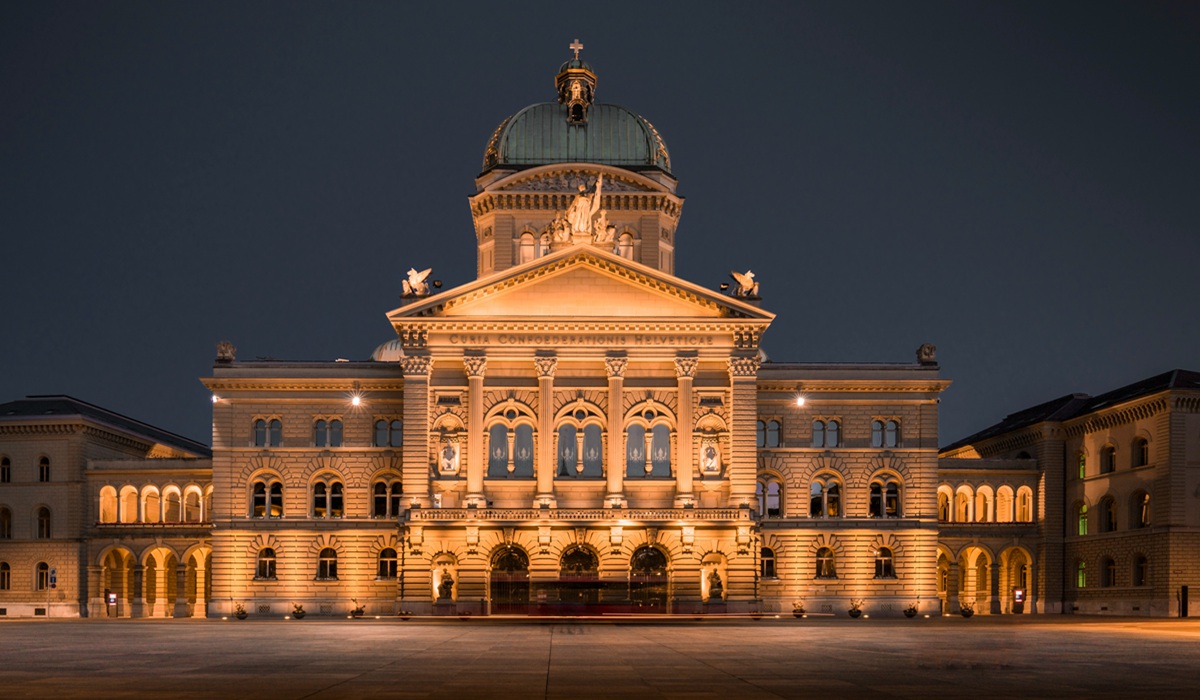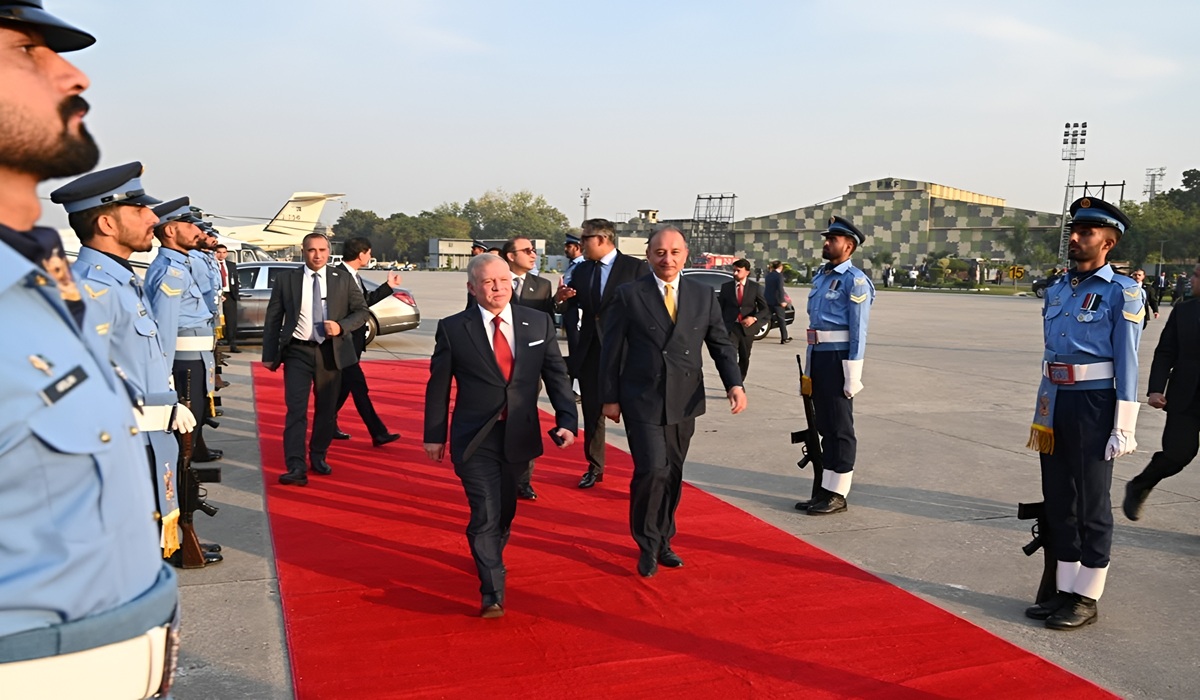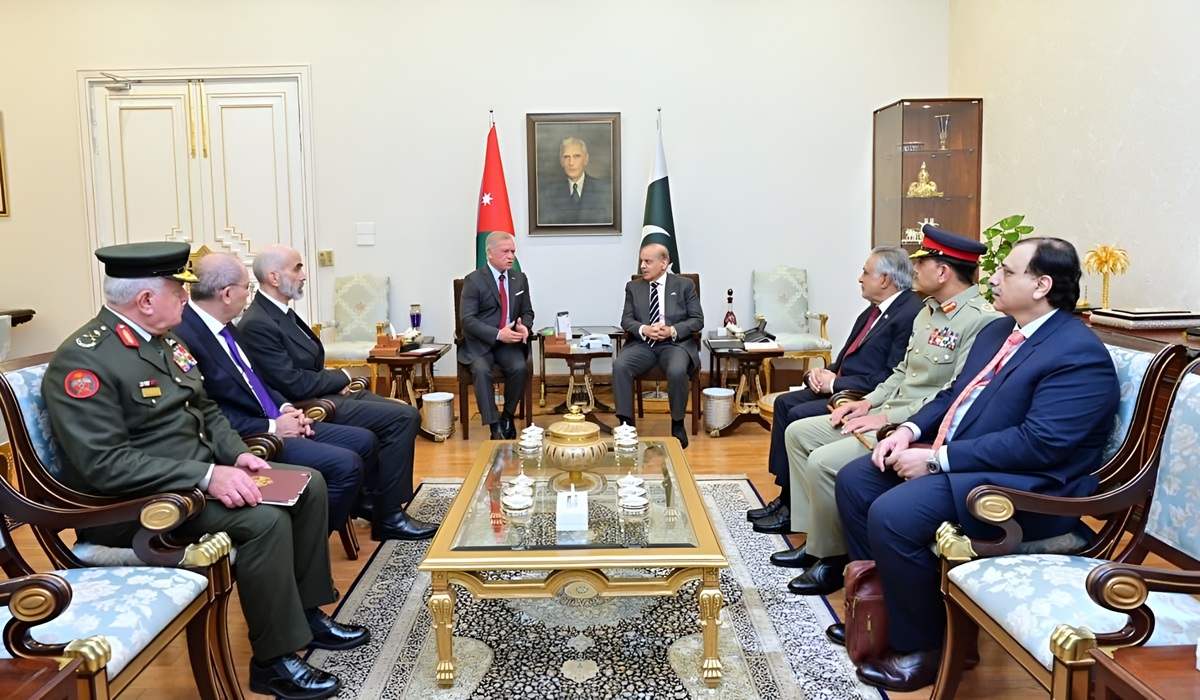Image Credit: Hosny Salah
In the Egyptian resort town of Sharm al-Sheikh, diplomats from Israel, Hamas, Egypt, and the United States are once again trying to end one of the most devastating chapters in the long Israeli–Palestinian conflict. The so-called peace agreement emerging from these talks has been hailed in Western capitals as a “turning point.” But for the Palestinian people—and for much of the Muslim world—the negotiations represent something more uncertain: a fragile, externally managed pause in a war that has already destroyed Gaza, displaced millions, and left the question of Palestinian nationhood hanging by a thread.
The talks, mediated primarily by Egypt and backed by Washington, are based on what is described as a 20-point framework. It calls for a phased Israeli withdrawal from Gaza, the release of Israeli hostages in exchange for Palestinian prisoners, the disarmament or “demilitarization” of Hamas, and the transfer of Gaza’s administration to a so-called “technocratic authority” under international supervision. In return, Gaza is promised reconstruction aid, eased blockades, and some limited economic relief.
At first glance, these seem like reasonable steps toward ending the war. But behind the diplomatic language lies a power imbalance so deep that it risks turning this agreement into yet another mechanism of control. Palestinians remember Oslo, Annapolis, and countless ceasefires that promised peace but delivered only new forms of subjugation. Every “transition” period has led not to sovereignty, but to deeper dependency and fragmentation.
Israel enters these negotiations under internal political strain. Netanyahu’s far-right coalition views any concession as betrayal. Ministers like Itamar Ben-Gvir and Bezalel Smotrich have already threatened to collapse the government if the army withdraws or if Hamas retains any political foothold. This domestic infighting makes Israel a volatile negotiating partner. A government divided by ideology cannot deliver consistent peace.
On the other side, Hamas faces its own crisis. Once seen as the steadfast voice of resistance, it now stands accused by many Palestinians of gambling away lives without clear strategy. Its leaders in Doha and Beirut speak of liberation, while Gaza’s streets lie in ruins. Accepting a deal that limits its military wing or cedes control to foreign monitors could weaken its legitimacy among its base. Yet rejecting the deal risks another round of catastrophic war. Hamas is trapped between survival and symbolism.
For Egypt, hosting the Sharm al-Sheikh talks is not an act of altruism—it is a necessity. Cairo fears that Gaza’s instability could spill into the Sinai Peninsula, threatening its own fragile security. Jordan, the UAE, and Saudi Arabia watch cautiously, wary of appearing complicit in a plan that could neutralize Palestinian aspirations for statehood while normalizing Israel’s regional dominance.
Pakistan, though geographically distant, remains emotionally and politically invested in Palestine. Our national narrative—rooted in anti-colonial solidarity—cannot remain indifferent when occupied people are asked to surrender in the name of “peace.” Pakistan has consistently upheld the two-state solution based on pre-1967 borders and East Jerusalem as the Palestinian capital. Yet as new regional alignments emerge, Pakistan must resist the temptation to treat the Palestinian issue as symbolic rhetoric. The outcome of Sharm al-Sheikh is a litmus test of global conscience. Silence, or neutrality, would be complicity.
No peace agreement can succeed without a unified Palestinian front. Since 2007, when Al – Fatah and Hamas split control between the West Bank and Gaza, every external negotiation has exploited this division. The Palestinian Authority under Mahmoud Abbas lacks legitimacy and dynamism, while Hamas governs under siege and isolation. Sharm al-Sheikh, for all its diplomatic choreography, does little to bridge this political chasm.
A truly representative Palestinian leadership—one that combines political pragmatism with moral authority—is the only way to transform ceasefires into statehood. Until Palestinians speak with one voice, foreign powers will continue to dictate the terms of their future.
Even if this peace holds, it addresses only Gaza’s humanitarian and administrative crisis—not the fundamental questions of occupation, settlements, refugees, and Jerusalem. Israel’s continued expansion in the West Bank, coupled with the daily humiliation of checkpoints, land confiscations, and arbitrary detentions, makes talk of peace sound hollow. Palestinians are not asking for handouts; they are demanding dignity, sovereignty, and justice—principles enshrined in international law but repeatedly denied in practice.
Any agreement that confines Gaza to a fenced enclave under international supervision, while ignoring the broader occupation, is not a peace plan. It is a containment strategy. History shows that containment without justice breeds only future wars.
For the Muslim world—and especially for Pakistan—this is a moment to reclaim moral clarity. The Palestinian struggle is not merely a humanitarian tragedy; it is a question of decolonization, self-determination, and moral consistency. If we support justice in Kashmir, we must also defend it in Gaza. If we reject occupation in one place, we cannot rationalize it in another.
Sharm al-Sheikh might produce a ceasefire, perhaps even temporary calm. But real peace will come only when Israel accepts that its security cannot be built on Palestinian dispossession—and when the world stops rewarding occupation with recognition.
The future of Palestine depends on whether this fragile agreement becomes a bridge or a trap. If it paves the way for unity, reconstruction, and renewed diplomacy toward an independent Palestinian state, it will deserve cautious optimism. But if it simply replaces Israeli tanks with international monitors and leaves Gaza politically amputated, it will mark yet another betrayal in a long list of broken promises.
For now, Palestinians remain skeptical—and they have every reason to be. The world has offered them sympathy without sovereignty, aid without agency, and peace without justice. Unless that equation changes, Sharm al-Sheikh will join Oslo and Camp David as one more footnote in the long, painful chronicle of a nation still waiting to be born.









